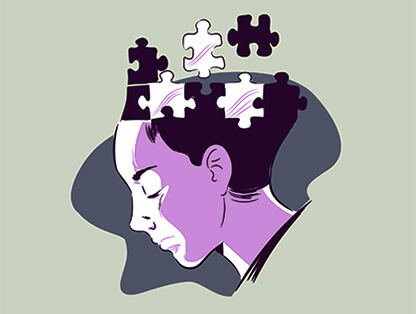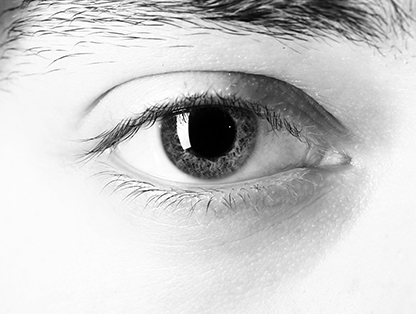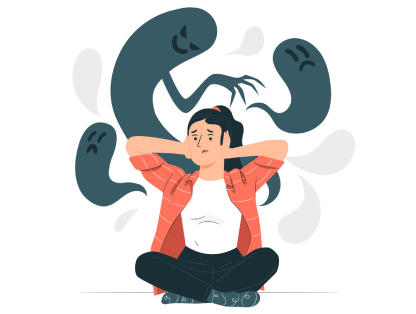You've probably thought at least once that life would be better if you were more beautiful. Only a few of us can honestly say that we are completely satisfied with our appearance. Most consider themselves unphotogenic, would like to lose weight, have smaller ears, a more attractive nose, or generally change some facial features or body features. Interestingly, according to recent studies, others consider us more attractive than we consider ourselves. Therefore, we often doubt the sincerity of compliments and, at best, simply do not take them seriously.
But for some people, attention to the flaws in appearance becomes so obsessive that it develops into a psychological concern called body dysmorphic disorder (dysmorphophobia).
Body dysmorphic disorder is a psychological condition in which a person is overly concerned with perceived flaws in their appearance. In this case, such defects may be minor or absent, but the person believes that they are serious enough to interfere with his life, romantic relationships and professional activities. This condition causes significant stress, anxiety and can lead to social isolation.
The causes of this disorder are not completely clear, but scientists agree that social pressure and imposed beauty standards play a large role here. Interestingly, both men and women are equally susceptible to dysmorphophobia.
If you thought that only those who do not have money for the best cosmetic procedures and a personal fitness trainer are susceptible to dysmorphophobia, then this is not true. This disorder is very common among the rich and famous, for example, Billie Eilish, Robert Pattinson, Michael Jackson, Reed Ewing, Andy Warhol, Brittany Snow and Uma Thurman suffered from it.
Can't live without a mirror? Are you constantly booked for cosmetic procedures? Do you think about your appearance many times a day? Perhaps you even avoid contact with other people because of your own visual imperfections. Then this test is for you!
This test is based on the main symptoms of body dysmorphic disorder described in the DSM-5 and can be a first step in further exploring your condition. Remember that no online test can be completely accurate. If you received high scores on the test, you may need to consult a mental health professional.















